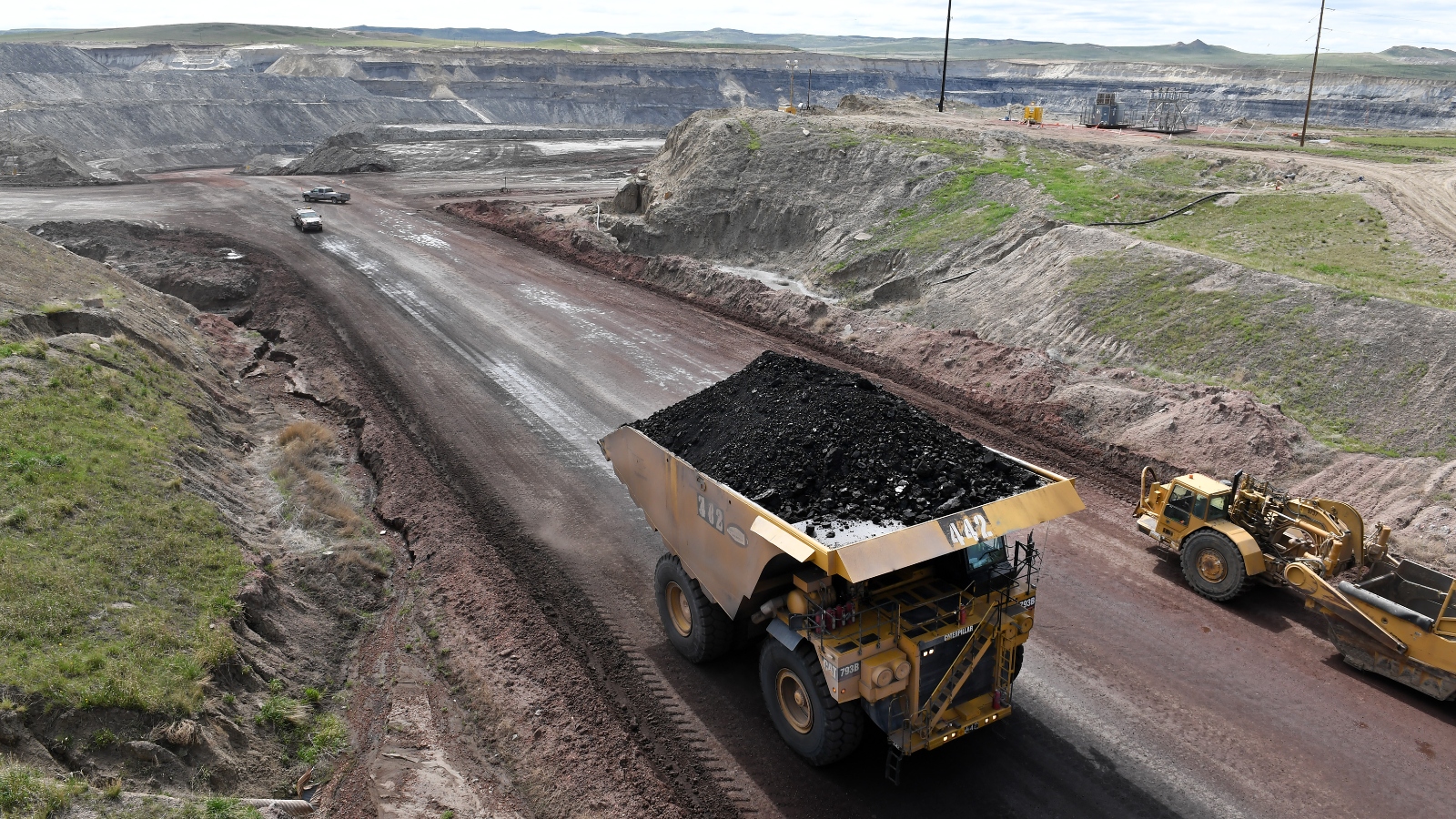The insurance industry is in a state of flux considering of climate change. This year has seen a in the United States, and insurance companies are on the vaccinate for much of that property damage. But plane as insurers deeming them too risky to insure, they are standing to imbricate one of the most polluting industries: coal.
a nonprofit sponsorship organization, and Insure Our Future, a global coalition aimed at holding the insurance industry subject for its role in climate change, details the extent to which global insurers are propping up U.S. coal mining companies. In 2022, five insurers — AIG, Liberty Mutual, Lloyd’s of London, Swiss Re, and Zurich — provided policies tent 41 percent of U.S. coal production, plane though most of these insurers have made climate commitments. These companies’ policies enable coal mines to protract operating despite their treasonous impact on the climate.
The report found that many of the companies still insuring coal mines have publicly promised to stop underwriting coal projects, or made net-zero pledges, in response to pressure from investors and activists. The report details how companies use loopholes like tent mining subsidiaries instead of parent companies, in wing to blatantly breaking their own rules, to protract to insure coal production. Mary Sweeters, a co-author of the report and an organizer with Insure Our Future, said the findings show that commitments vacated are not unbearable to prevent warming.
“Climate commitments are only as strong as the details in their policies,” Sweeters told Grist. “This shows that these policies are weak and are not aligned with a 1.5 degrees [Celsius] pathway.”
A recent report from the International Energy Agency found that, which would prevent the worst impacts of climate change, is still possible if countries slide their deployment of renewables.

Eagle Butte Coal Mine is one of the mines mentioned in a new report criticizing the insurance industry’s ties to coal. Matt McClain / The Washington Post via Getty Images
Carly Fabian, an insurance policy well-wisher at Public Resider who unsalaried research to the coal report, pointed out that the insurance industry plays a crucial role in determining the fate of fossil fuel projects.
“Fossil fuel projects can’t operate without insurance,” considering insurance is typically needed to secure financing, she explained. “Insurance companies are sort of gatekeepers — they provide a lifeline to the fuel industry.” And if they stop providing coverage, it becomes that much harder for coal mines to protract operating.
In some ways, insurance companies’ climate commitments are working. Plane as they protract to insure mines, insurers’ “has often rendered new coal plants scrutinizingly uninsurable at this point,” said Sweeters.
Meanwhile, many of the same insurers still tent coal mines have stopped issuing policies to homeowners who are at risk of fires, hurricanes, and other disasters exacerbated by coal emissions. For instance, AIG, which underwrites 28 percent of U.S. coal production, in California last year. According to Fabian, this ways that insurers are contributing to climate transpiration while shifting the consequences onto individuals.
“The insurance industry has so far been saying, ‘We’re gonna offload these financing and risks onto the public, consumers and taxpayers,’” she said. “‘They’re gonna pay through higher insurance premiums, deductibles, reduced coverage, and we’re gonna walk yonder from the homeowners.’”
The report calls on insurance companies to stop underwriting coal mining and to strengthen their climate commitments. Sweeters moreover noted increased regulation could help, by requiring the insurance industry to unroll ties to the fossil fuel industry. But since insurance is regulated on the state level, it would have to happen in a piecemeal fashion.
“Regulators need to step up and recognize the role that insurance companies are playing in standing to enable the expansion of fossil fuels and driving climate change,” said Sweeters.
This story was originally published by with the headline on Sep 28, 2023.







